This book gives a substantive account of the evolution of the WTO Doha Development Agenda (DDA) Negotiations and the role of developing country coalitions and alliances. The reflections are those of former and current developing country negotiators on their firsthand experience of WTO negotiations. They have explained the mandate for these negotiations, particularly the development dimension; have described the progress including developments at key moments like the WTO Ministerial Conferences in Cancun (2003) and Hong Kong (2005); and have drawn lessons from negotiating strategies and tactics applied to-date by developing countries.
The book is divided into three parts.Part I provides an overview, giving insights on how negotiations on trade and economic relations are conducted in the multilateral trading system as well as the key points of DDA substantive negotiations and main developing country alliances and coalitions. Part II covers the negotiating experience on specific subjects in the Doha Round including cross-cutting issues. Finally, Part III deals with coalition building efforts by developing countries and the impact of these coalitions on the negotiations.
The sixteen chapters included in the publication give a rich resume of increasing and more effective developing country participation in the WTO. Authors have brought to fore the twists and turns of the decade long Doha Round, often based on their own experience and perspectives. Such intimate insights are rarely found in the existing literature on the WTO negotiations. Authors have also offered suggestions to unlock the stalemate in the DDA and reach a balanced and development-friendly conclusion.
ABOUT THE AUTHOR Pradeep S. Mehta
Pradeep S. Mehta (57 is the founder Secretary General of the Jaipur-based Consumer Unity and Trust Society, a leading research and advocacy gruop established in India in 1984. CUTS now operates out of six offices in India, and one each in Zambia, Kenya and UK. Mehta has studied commerce at the Calcutta University and law at the Rajasthan University, Jaipur. Mehta serves on several policy-making bodies of the Government of India, related to trade,environment and consumer affairs. he is the Chairman of the Advisory Board of the South Asia Watch on Trade, Economics and Environment, Kathmandu, and Co-Chairman of the International Network of Civil Society Organisations on Competition. n the past, he has served on the governing boards of the International Centre for Trade and Sustainable Development, Geneva, Life Insurance Corporation of India, Mumbai, Consumer Coordination Council, New Delhi and on the Global Policy and Campaigns Committee on Economic Issues of Consumers Internationa, London. He also serves on the advisory bodies of the Manchester Unviersity's Centre on Regulationand Compeition, and on Loyola University's Institute of Antitrust and Consumer Protection. He is a Visiting Fellow to the Centre on Trade and Investment, Government of Rajasthan. Furthermore, he serves onthe WTO Director General's Informal NGO Advisory Body. Mehta writes extensively in the press in India and abroad, and has published several papers and book, which include: Essays on the International Trading System; Multilateralisation of Sovereignty; Environmental Conditions in International Trade; Analysis of the Interaction between Trade and Competition Policy; State of the Indian Consumer; Numbers at What Cost?; and a serial publication: Globalisation and India-Myths and Realities. the last is addressed to the common person in India, which helps to clarify many basic issues about economic reforms and trade liberalisation.

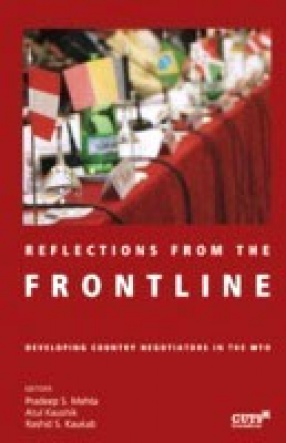

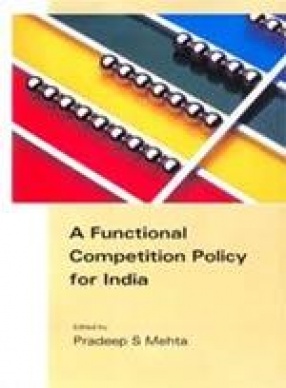

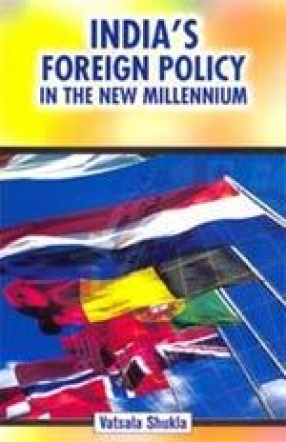
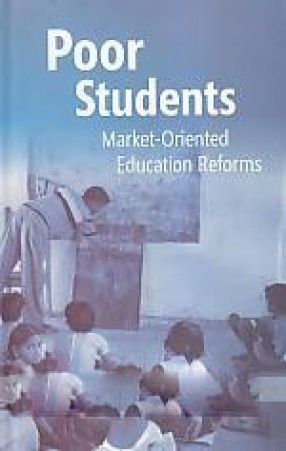
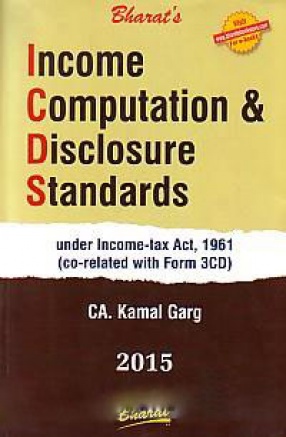
There are no reviews yet.